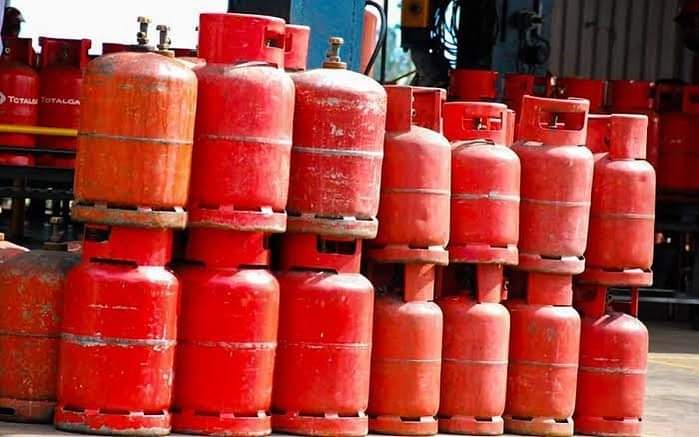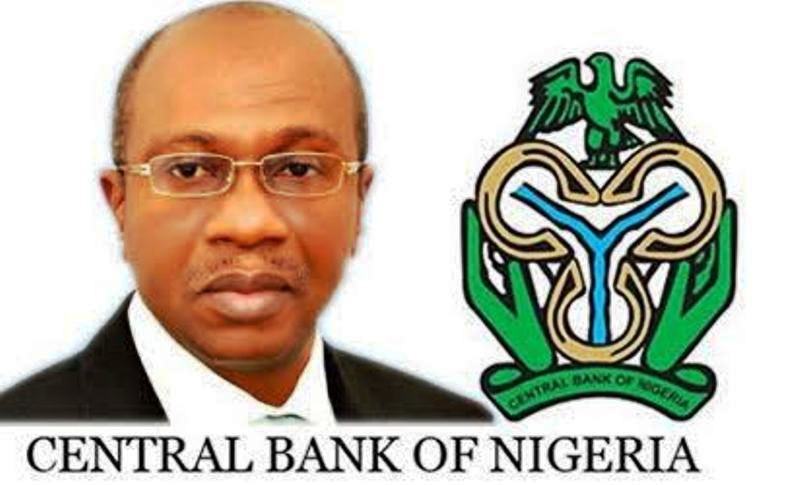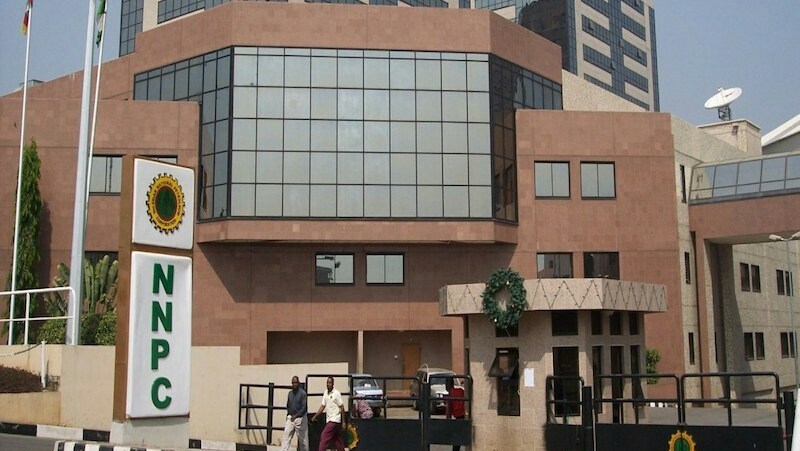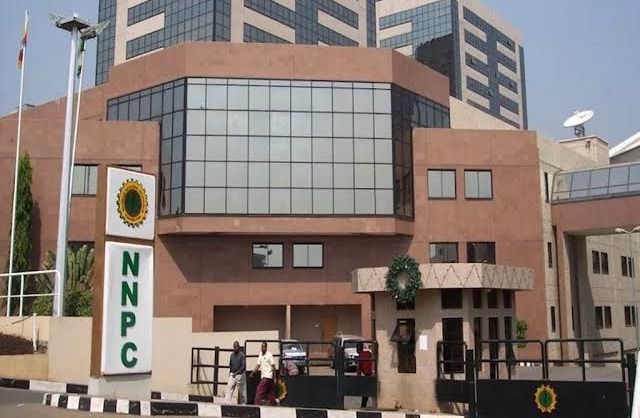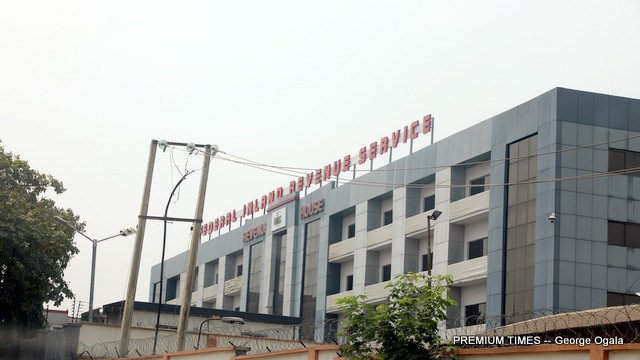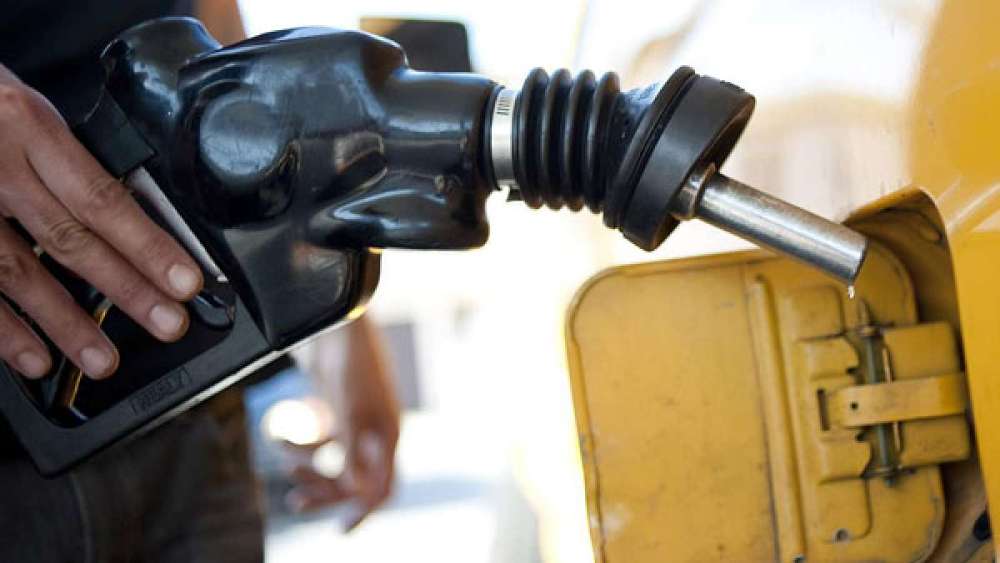The Department of Petroleum Resources (DPR) has warned Liquefied Petroleum Gas (LPG) retail outlets against cylinder to cylinder gas refilling and decanting because of the associated risks.
Mr Sadeq Ibrahim, Operations Controller, Yola DPR Office, gave the warning at a one-day sensitisation meeting with gas retailers in the state held on Monday in Yola.
Ibrahim said that the warning became necessary to prevent fire disasters as well as protect lives and property of the people.
He said that the department would no longer tolerate the dangerous cylinder to cylinder gas refilling business for the safety of the people and also for those handling the business.
“LPG cylinder to cylinder re-bottling, refilling and decanting is prohibited by Department of Petroleum Resources (DPR).
“The transfilling of the resources are not allowed and is against the DPR regulations and requirements because the business is highly hazardous and a threat to lives and property of the people.’’
According to Ibrahim, the department has recorded many fire outbreak accidents across the country as a result of poor handling and unsafe cylinder to cylinder gas refilling process.
He advised the retailers to go and address how to improve their businesses as the department had no intent to push them out of the business.
He said that among the roles of the gas retailers as stated in the DPR regulations was to sell a full gas cylinder, either through cylinder exchange or a new one.
Ibrahim advised the gas retailers to put safety measures in their shops and also register with the DPR.
“All gas retailers in the state are advised to provide protection safety facilities to their workers and the shop.
“Also, the retailers outlets are advised to register with the DPR to obtain approved licence’’, Ibrahim said.
In his remarks, Mr Emmanuel Ogbodo, Chairman, LPG Retailers Outlets Association, Adamawa, thanked the department for organising the sensitisation meeting for their members.
Ogbodo said that the sensitisation was an eye opener to the members and that the association would look at the request of the DPR and deliberate on it.
